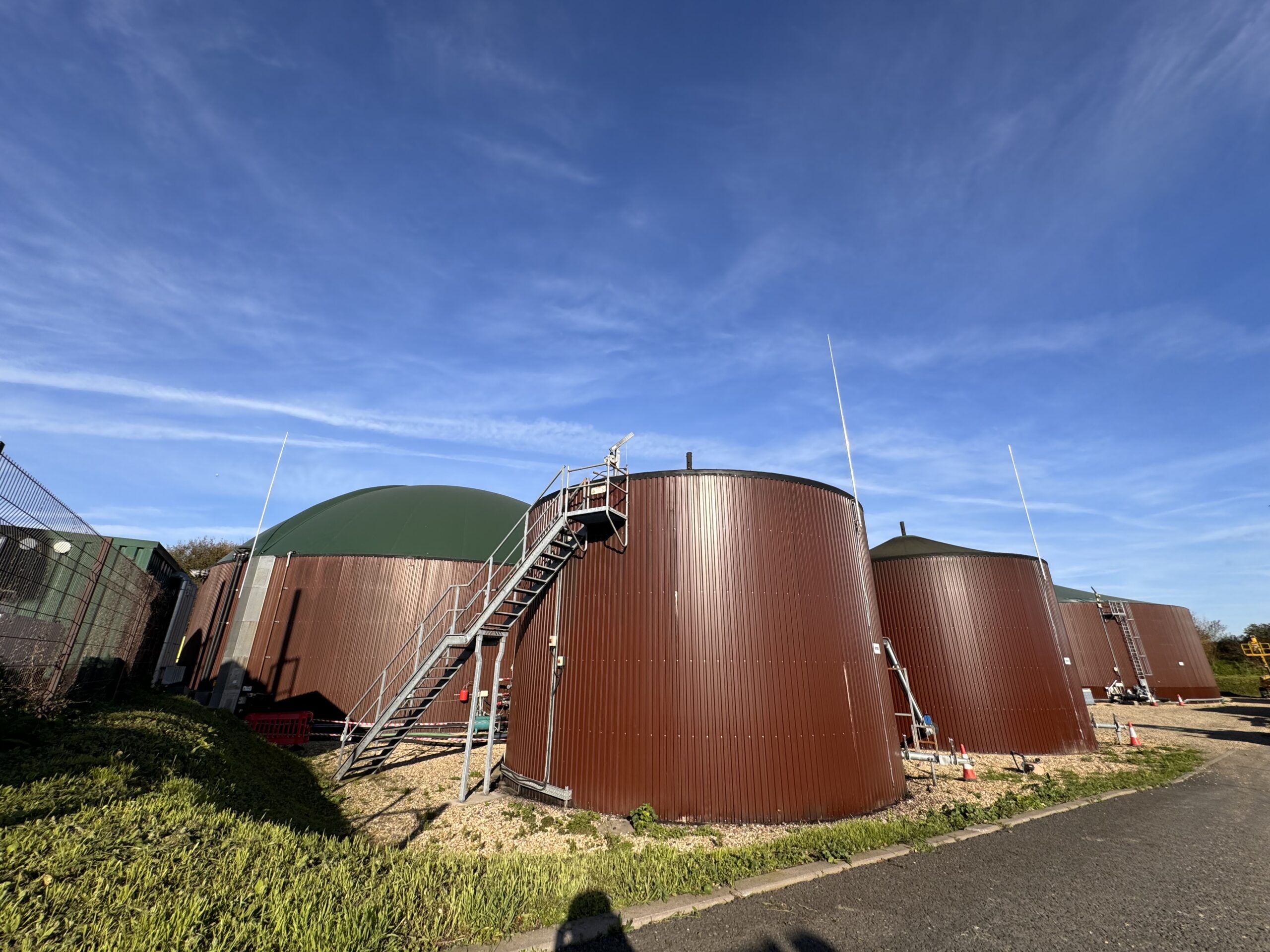It’s an unfortunate fact of life, food gets wasted. No matter how hard we try, food goes off, kids don’t finish their meals and we often make too much. Previously this food would be wasted, thrown into the landfill or on the compost heap to rot. However in Piddlehinton, Dorset is our facility that takes food waste in and churns out energy.
In 2012, Eco opened its state of the art Anaerobic Digestion facility. The plant houses upwards of 25,000 tons of discarded food waste, delivered by local councils and supermarkets.
How Does your Old Food Become Energy?
It all starts with people disposing of their food waste correctly. When you deposit your food waste into your food-waste-specific bin, it is collected by the local council. The council then takes this food waste to our AD plant in Piddlehinton, ready for conversion into energy. We also accept food waste from commercial sources, such as supermarkets.
Our plant works by anaerobic digestion, which means ‘without oxygen’, to produce environmentally friendly Biogas.
Anaerobic digestion works by taking the source material, in this instance food waste, and allowing it to biodegrade in the absence of oxygen.
Our plant does this in 4 stages:
Hydrolysis
The first step in the system in hydrolysis. This is where bacteria break down the chains of polymer within the carbohydrates, fats and proteins in the food and converts them into amino and fatty acids and glucose. The material is for the next step, Acidogenisis.
Acidogenisis
The bacteria begins the process of Acidogenisis by breaking down the fatty acids, amino acids and glucose into alcohols and volatile fatty acids with hydrogen sulphide, CO2 and Ammonia as by-products.
Acetogenisis
In this step, the simple molecules created previously, such as VFAs and alcohols, are digested by bacteria, known as acetogens, into acetic acid, carbon dioxide and hydrogen. The waste is now onto its final stage of digestion, methanogenesis.
Methanogenesis
Here, bacteria known as methanogens use the carbon dioxide and hydrogen and convert them into methane, carbon dioxide and water.
After the anaerobic digestion process, we’re left with biogas and digestate.
These are the same processes that happen within a cow’s 4 stomachs.
Digestate is what’s left from the AD process after everything has degraded and is a nutrient rich substance often used as a fertiliser alternative.
The large amounts of Biogas produced (around 60% methane and 40% Co2) can then be used in a conventional boiler, but our AD plant uses a CHP unit. A CHP unit (combined heat & power unit) takes a biogas input and outputs both heat and electricity using a system called cogeneration.
Cogeneration, in its simplest forms, works the same way as a combustion generator. However, all heat created from the combustion process is used to heat water. This is an incredibly efficient method for creating energy, producing up to 500kWh of electricity in our Piddlehinton AD Plant.
If you’d like to learn more about the renewable, environmental or recycling efforts at Eco Sustainable Solutions, click here.
